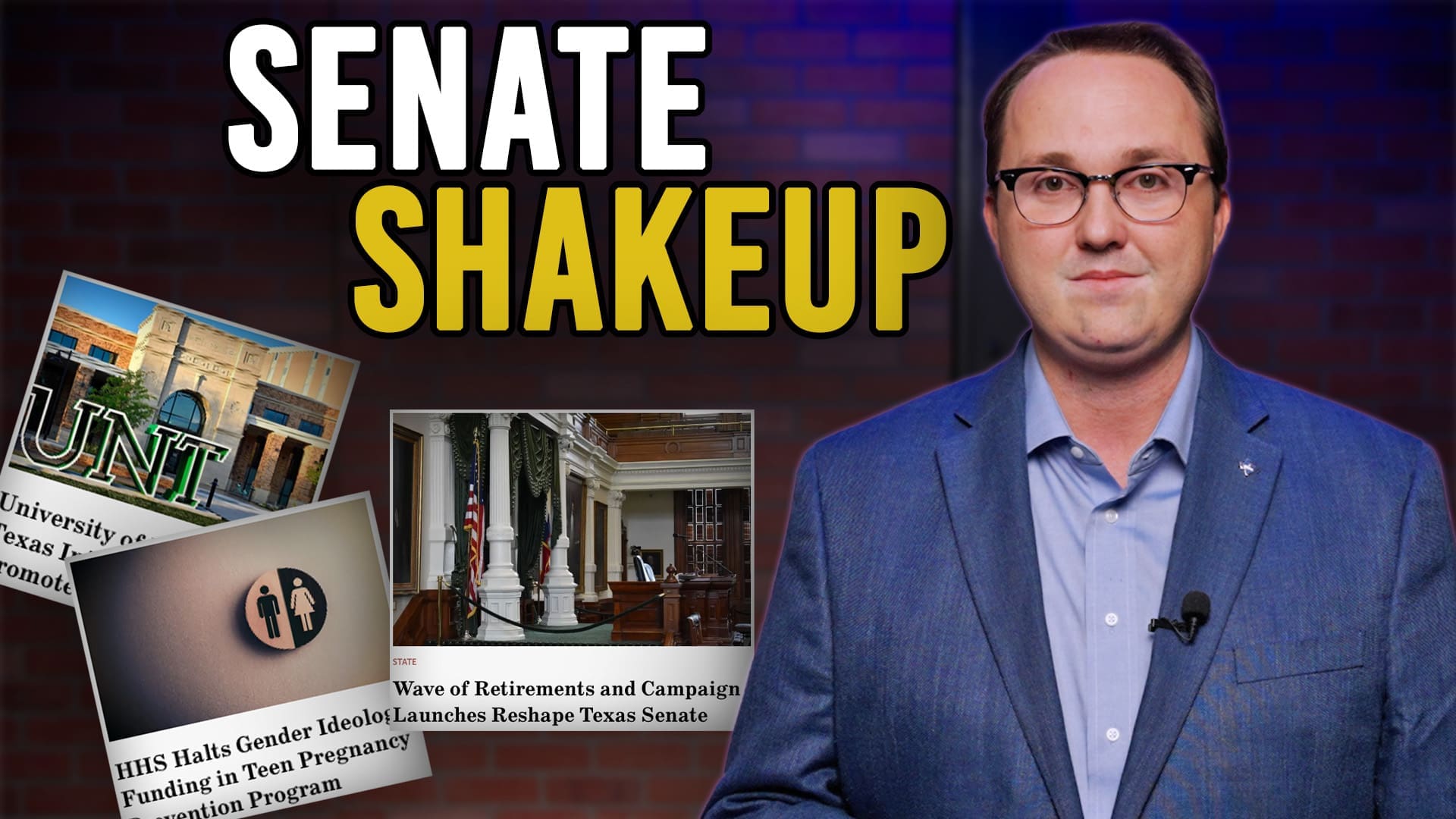Incumbent House Speaker Joe Straus of San Antonio now faces two opponents in the race for the speakership: Warren Chisum of Pampa and Ken Paxton of McKinney. How do these three Republicans compare on taxpayer issues?
To get a sense of their priorities, let’s first look at their ratings on the Fiscal Responsibility Index the one full session all three were voting members, in 2007. That was Tom Craddick’s last session as speaker, and saw Mr. Chisum chairing the Appropriations Committee.
(Mr. Chisum was first elected in 1988, Mr. Paxton in 2002, and Mr. Straus in a special election of February 2005.)
Scorecard Comparison
The Republican average in 2007 was a 75% on the Index. Like school, a 70% is considered a passing score. Our threshold for automatic endorsement is an 80% rating.
Mr. Chisum earned a 64.29% rating in 2007.
Mr. Straus earned a 71.43% rating in 2007.
Mr. Paxton earned a 100% rating in 2007.
In 2009, our most recent, the Republican average was an 82.25%.
Mr. Chisum earned a 90% rating.
Mr. Paxton again made a perfect 100% rating.
House speakers typically do not cast votes, so Mr. Straus doesn’t have a rating from 2009. On the other hand, his committee chair appointments can be seen as a proxy. His committee chairs earned an average 54.1% — lower than the House average of 56.8%.
(Given that several of his committee chairs lost re-election bids, in primaries and the general, we recently looked at the scores of the remaining Straus committee chairs. Their rating actually fell, even with the defeat of four of his Democratic committee chairmen.)
Taxpayer Protections?
We administer the Taxpayer Protection Pledge – a written promise with constituents to oppose and work against tax increases – in Texas. To date, only Mr. Paxton and Mr. Chisum have signed the pledge.
Of the three, Mr. Paxton is the only candidate to champion stronger spending limits in Texas government. He sponsored legislation doing so in 2005, 2007 and 2009.
On Taxes
Mr. Paxton was the chief opponent to the business tax in 2006, while Mr. Chisum and Mr. Straus voted for it.
Mr. Straus carried the legislation abolishing the Telecommunications Infrastructure Fund tax. The tax had been extended beyond its original mandate, and passage was unanimous.
In 2007, Mr. Straus and Mr. Chisum both supported a new tax on nursing home residents, often referred to as the “granny tax.” Mr. Paxton opposed that measure.
In 2009, Mr. Paxton was the chief opponent to a bevy of new fees and higher gasoline taxes. A Straus lieutenant, State Rep. Vicki Truitt, pushed a floor vote that would have allowed the gas tax to be inserted in a transportation bill by the Senate. Mr. Chisum voted with the gas-tax proponents. Mr. Paxton successfully worked with the majority to stop it.
On Transparency
Mr. Paxton was lead author on the cutting-edge transparency legislation in 2007, and has continued to champion additional transparency measures.
Conclusion
This is the first time in modern history when Texans can express their preference on the speaker’s race and involve themselves in it. Some in the Austin power elite – including the media – don’t like it. Characteristically, they view citizen engagement as an “outside influence,” and would seem to prefer such a monumental decision to be made in some type of conclave or smoke-filled room, in which only their influence is considered.
It’s critical, though, that Texans utilize our political rights, educating ourselves about the candidates for the state’s third-ranking constitutional officer, and then engage with our representatives.



